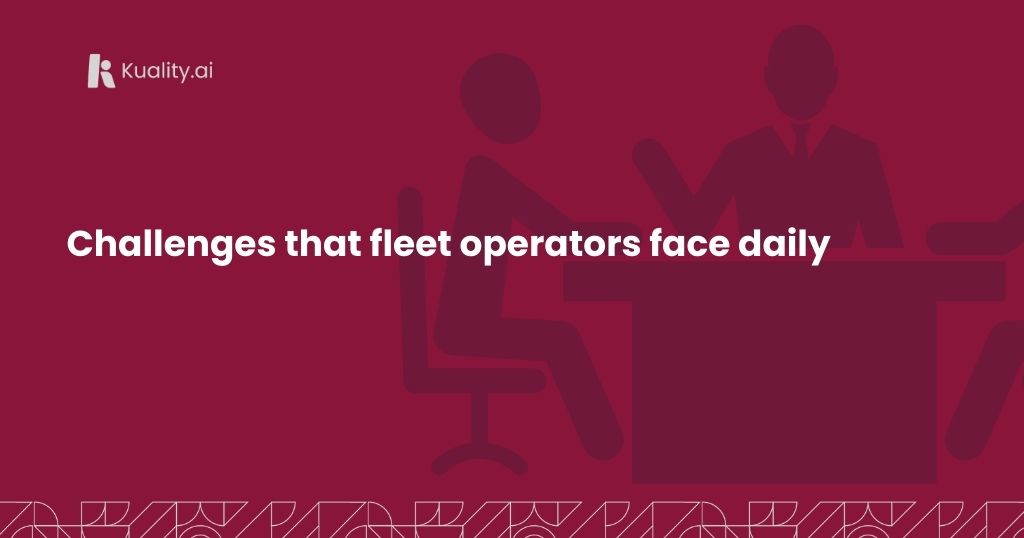
Nowadays, businesses aim to be efficient and productive making it indispensable to have preventive maintenance services. No words can say how important this is. However, the lack of preventive maintenance practices in various organizations often results in expensive downtimes, safety risks, and diminished output. This blog post looks at the widespread consequences of ignoring it in different areas of the economy.
Understanding Preventive Maintenance
Regular upkeep, inspections, and repairs of machinery and equipment are crucial to prevent malfunctions. The main goals of preventive maintenance are to predict potential problems before they worsen, minimize downtime, and extend the lifespan of assets. However, ignoring or delaying preventive maintenance can lead to major issues.
Preventive maintenance in the Automotive Sector
In the automotive industry, neglecting preventive maintenance can result in unexpected repairs, dysfunctional vehicles, and compromised safety. Fleet managers must ensure the reliability and safety of their vehicles by adhering to a regular maintenance schedule. Overlooking problems like worn-out tires, faulty brakes, and engine issues can lead to costly repairs, damage to reputation, and accidents.
Manufacturing Sector
Factories need to be maintained regularly. When machines break down, this stops production. The factory can’t make anything until its machines are fixed. So, missed deadlines and lost money happen. That’s why factories have to take care of their equipment. Routine upkeep keeps machines running. This allows factories to make things efficiently. With maintained equipment, factories can produce more goods on time.
Rental Cars Sector
The rental car industry relies on well-maintained vehicles. Failing to address problems can hurt customer experience and profits. Minor issues like electrical glitches become major safety risks like brake failures and engine trouble. Rental companies must inspect and service vehicles regularly. This prevents breakdowns, ensuring cars stay in good condition. Ignoring maintenance leads to unhappy customers, disabled vehicles, and lost business opportunities.
Oil & Gas Sector
The oil and gas industry could face very serious problems if they don’t do preventive maintenance. Things like pump, valve, or pipeline issues could lead to environmental disasters, loss of money from not working, and delays making products. What’s more, equipment that isn’t maintained properly is more likely to break down, corrode, or leak – putting workers and people nearby at risk. For these companies, preventive maintenance helps stop damage before it happens, reduces risks, and follows all the rules.
Preventive Maintenance conclusion
Safety, productivity, and profit are greatly impacted by preventive servicing across many fields. To reduce risks, and downtime, and improve asset efficiency in industries like automotive, manufacturing, healthcare, and real estate, proactive methods are vital. With preventive plans in place, companies can better operational safety, boost reliability, and drive long-lasting prosperity.



